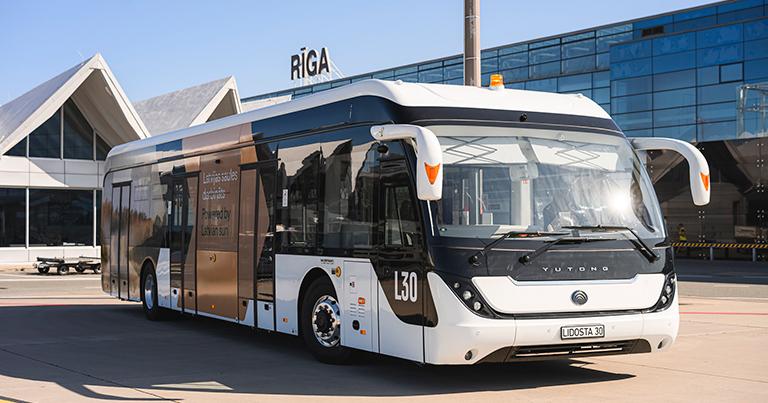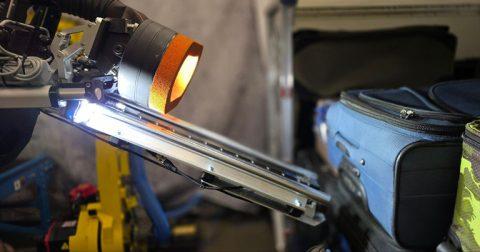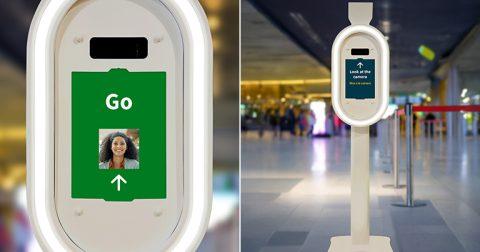
RIX Riga Airport has taken significant steps to become a greener, more energy-efficient, and sustainable transport hub in the Baltics. With a series of sustainability initiatives now in place, the airport continues its path towards climate neutrality, creating an environment that benefits both people and nature.
“Sustainability is no longer an option – it is an integral part of our daily operations and a clear direction for the future,” said Laila Odiņa, Chairperson of the Board, Riga Airport. “We are deliberately investing resources to reduce our environmental footprint, build sustainable infrastructure, and provide passengers with a travel experience that is both convenient and environmentally friendly. With every step towards our Net Zero goal, we strengthen Riga Airport’s position as a regional leader in sustainability.”
One of the key milestones in the airport’s sustainability journey is achieving Level 3 in the global Airport Carbon Accreditation (ACA) programme. This recognises a significant reduction in direct CO₂ emissions and active engagement of stakeholders in climate change mitigation. Renewable energy plays a central role in this transition – in 2024, new solar panel parks were installed on airport buildings, while design work has begun on a large new solar power plant within the airfield area.
The airport has also made major improvements in transport infrastructure by expanding the use of electric vehicles in daily operations. Nine new electric buses and an electric ambulift have replaced older diesel vehicles, ensuring quieter and cleaner passenger transfers, including for those with reduced mobility. Supporting this shift, dedicated charging infrastructure has been built to serve both airport operations and public use.
To further improve energy efficiency, RIX completed a reconstruction of its power supply system in 2024, significantly enhancing both efficiency and safety. In parallel, the airport updated its Noise Action Plan, working together with municipalities and residents to reduce aviation noise impact in populated areas of the Riga region.
A cornerstone of Riga Airport’s sustainability strategy is the updated Net Zero roadmap. The airport has committed to achieving climate neutrality by 2035, substantially reducing greenhouse gas emissions and investing in green technologies. This accelerated target advances the original timeline by several years and reinforces the airport’s role as a frontrunner in sustainability not only in Latvia but across the wider region.
Through these initiatives, RIX is not only reducing its environmental impact but also creating a safe, accessible, and modern travel experience for every passenger. Its determined progress towards a greener future is an essential part of Riga Airport’s long-term strategy to become Northern Europe’s leading transport hub with the highest sustainability standards.
You may also be interested in
12 technology and CX trends that can enhance airline and airport operations in 2025









